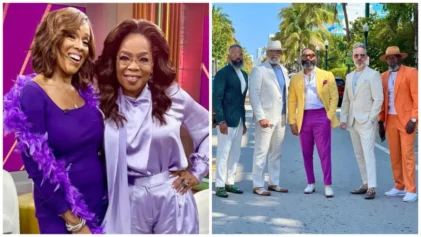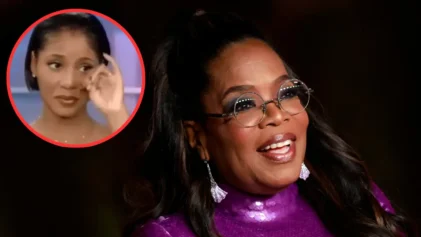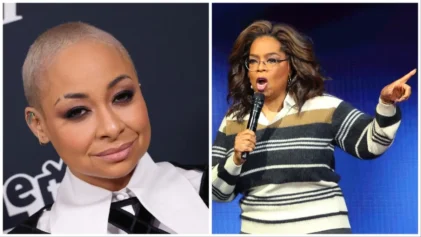Lance Armstrong was direct, if not contrite. He admitted during the first of a two-part interview with Oprah Winfrey that he used performance-enhancing drugs (PEDs) during all of his record-setting seven Tour de France victories, an admission that contradicted decades of vehement denials that made even the most cynical pause.
The disgraced former cycling champion acknowledged that he was the captain, in essence, of an elaborate and sophisticated doping scheme on a U.S. Postal Service team that catapulted him to the top of his profession.
Sitting with his legs crossed and offering a demeanor that was not exactly apologetic, Armstrong refused to indict others or offer complete details about his actions. But he was clear.
“I’m a flawed character,” he said.
Did it feel wrong?, Winfrey asked.
“No,” Armstrong said. “Scary.”
“Did you feel bad about it?” Winfrey pressed him.
“No,” he said. “Even scarier.”
“Did you feel in any way that you were cheating?”
“No,” Armstrong said. He paused. “Scariest.”
“I went and looked up the definition of cheat,” he added a moment later. “And the definition is to gain an advantage on a rival or foe. I didn’t view it that way. I viewed it as a level playing field.”
Armstrong, a testicular cancer survivor who founded the powerful Livestrong organization. In the past he blasted those who claimed he used PEDs and threatened to sue anyone in his path to greatness. That arrogance led to widespread criticism and dismay and has detonated a reputation that once was the envy of many.
He said it was all about winning.
“I deserve this,” he said twice.
“It’s a major flaw, and it’s a guy who expected to get whatever he wanted and to control every outcome. And it’s inexcusable. And when I say there are people who will hear this and never forgive me, I understand that. I do.
“That defiance, that attitude, that arrogance, you cannot deny it.”
Armstrong said “my cocktail” of drugs, designed to build strength and endurance, consisted of the steroid testosterone and the blood booster erythropoietin, or EPO, “but not a lot,” Armstrong said. That was in addition to the blood doping, which involved removing some of his own red blood cells and weeks later re-injecting them into his system.
It was a routine, a way of life, “like saying we have to have air in our tires or water in our bottles,” Armstrong said. “That was, in my view, part of the job.”
Armstrong has a long list of people, many former friends and teammates, that he says he has apologies to offer, people who gave up information about his doping that he denied and even sued. He once even claimed that his wife lied about his drug involvement because she was jealous of his success.
If he testifies to international doping officials, Armstrong could get his lifetime ban reduced to eight years, meaning he could participate in triathlons at 49. He was stripped of his Tour de France titles, his Olympic bronze medal and forced to step down from the cancer charity he founded in 1997.
The second part of the interview from Austin, Texas, will air Friday night. Armstrong texted ESPN “Absolutely not,” when asked if he had been paid for the interview.
AdAge.com, citing media buyers, reported that Winfrey’s OWN network was receiving $100,000 for a two-unit advertising package during the exclusive interview, with spots on both nights. Buyers, according to the website, estimated that was about 40-50 percent more than advertisers typically would have paid for a major interview or special on the network but still less than top cable shows usually command.
Video 2


